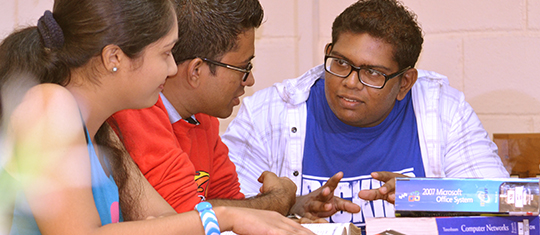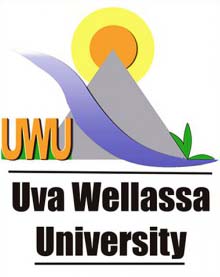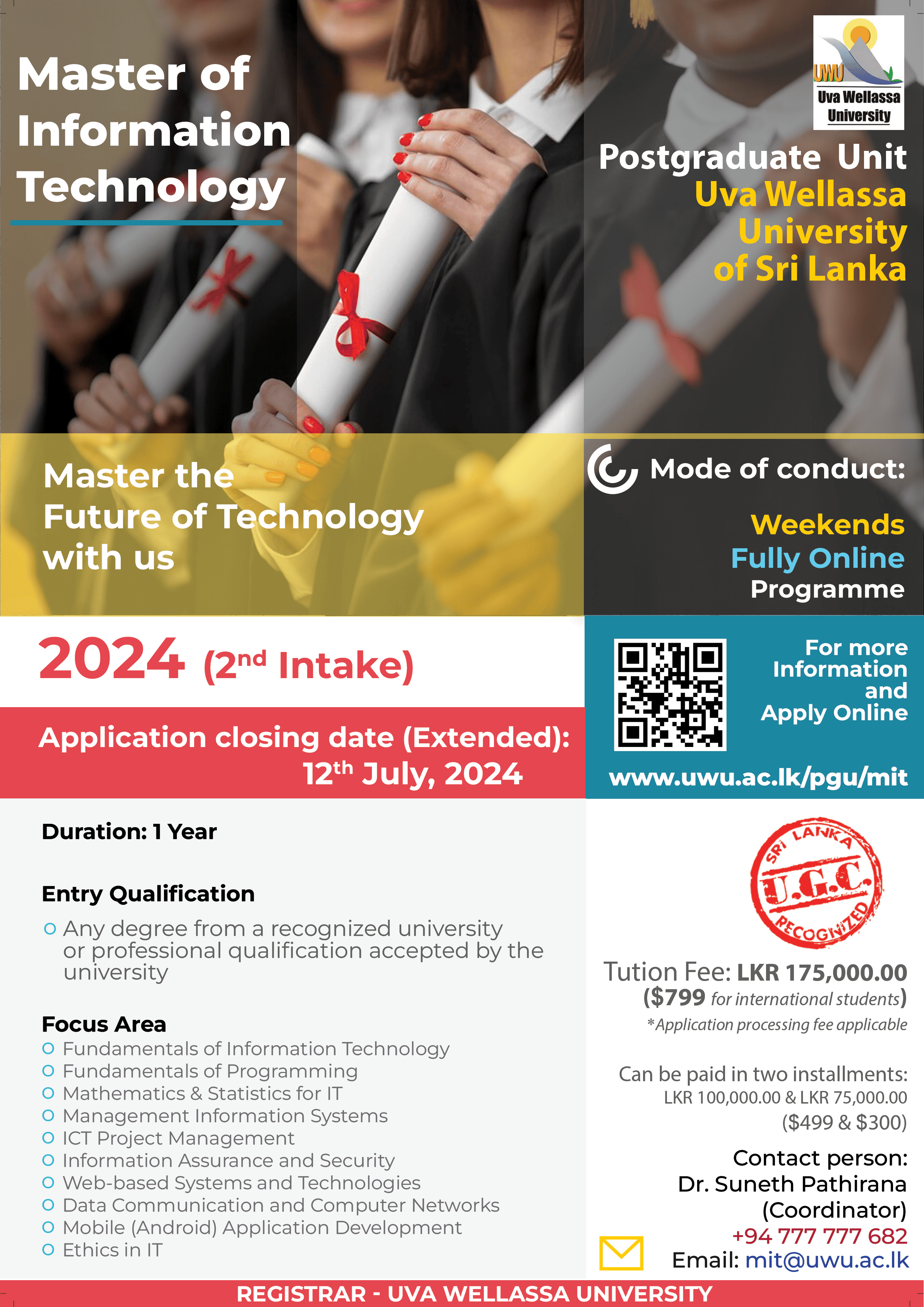About the Programme
The Master of Information Technology (MIT) offered by the Postgraduate Unit of Uva Wellassa University is UGC recognized SLQF Level 9 postgraduate degree. The duration is one (01) year, mostly a coursework-based (33 Credits) programme, consists of a Capstone Project of 5 credits. The entry qualification is any Bachelors’ Degree fulfills with SLQF Level 5 requirements. Lectures will be conducted during the weekends, via online mode. The medium of instructions is English.
The program provides competency-based curriculum, which characterized knowledge, skills and disposition, and which is essential, as many of the MIT graduates enter industry or workplaces. Further, this program provides opportunities for non-IT graduates or graduates with limited experience in IT to master in the discipline. Also, it provides opportunities for IT professionals to enhance and apply their skills within emerging technology driven growth areas including education, health, communications, business and entrepreneurship.
More formally, the objectives and the graduate profile of the program are as follows;
Objectives of the Degree Programme:
- To develop the critical IT knowledge required for the candidates’ current profession or the profession he/she intends to engage in.
- To develop disciplines in information technology, which the candidates have not covered in their first degrees.
- To provide in-depth analytical thinking power required for designing, developing and implementing real world IT solutions for prevailing issues.
- To provide IT graduates with the attitudes to take on appropriate professional positions in Information Technology and grow into leadership positions or pursue research or graduate studies in the field.
- To enhance self-learning through problem solving and training, and encourage graduates to continue lifelong studies in the discipline.
Attributes of Qualification Holders
The graduates of the MIT degree programme:
- should be able to exhibit the engrained IT knowledge expanded through the academic programme.
- should be self-confident regarding the cognizance of current issues in the IT arena.
- should apply appropriate IT-related techniques to solve problems.
- should also be able to cope with complex and stochastic scenarios, make valid judgments and suggest IT-based sustainable solutions to solve problems and communicate the outcomes to others without any ambiguity.
- should demonstrate the professionalism and self-reliant capacities in planning and solving problems encountered in IT context while preserving the originality.
Programme Learning Outcomes (PLOs)
- Demonstrate a comprehensive & functional level of IT knowledge with all-encompassing understanding in the IT concepts.
- Critically analyze, organize data in a systematic manner, ability to tackle dynamic, stochastic and complex scenarios, make valid judgments and propose IT-based sustainable solutions to solve real-world and industrial problems.
- Effectively utilize the practical knowledge in IT gained through the programme and use appropriate analytical and programming techniques for problem solving while demonstrating self-direction with confidence.
- Demonstrate awareness of the recent developments in the rapidly changing IT industry and improve verbal communication and technical writing skills to fit the industry requirements.
- Exhibit the leadership and instill entrepreneurship skills in professional environment and having realistic strategic plans to achieve long-term goals
- Accordingly, at professional and managerial levels while being accountable for personal and social responsibilities.
- Effectively use information usage and management thorough in transferable skills and information literacy with the capability of organizing data.
- Engage in diversified capacities in IT industry; being an active team member and a leader while promoting social and professional development.
- Demonstrate positive attitudes and social responsibility.
- Well-define lifelong goals for the self and for the advancement of the society.
- Continuously seeking for opportunities to undertake training for the further advancement of knowledge and to develop additional skills while demonstrating skills in independent learning using scholarly reviews and secondary sources of information for continuous professional development.



